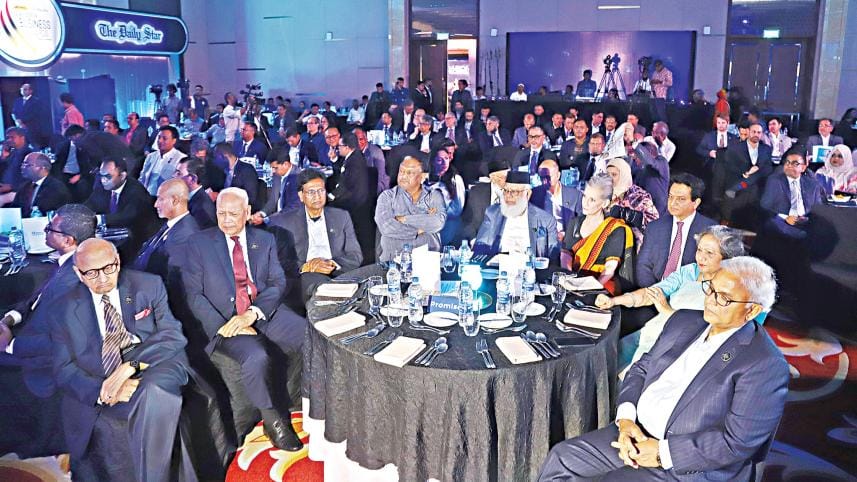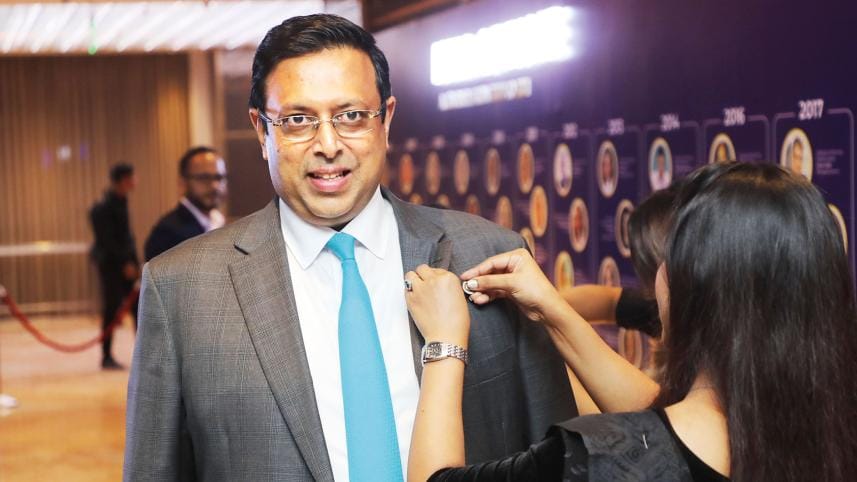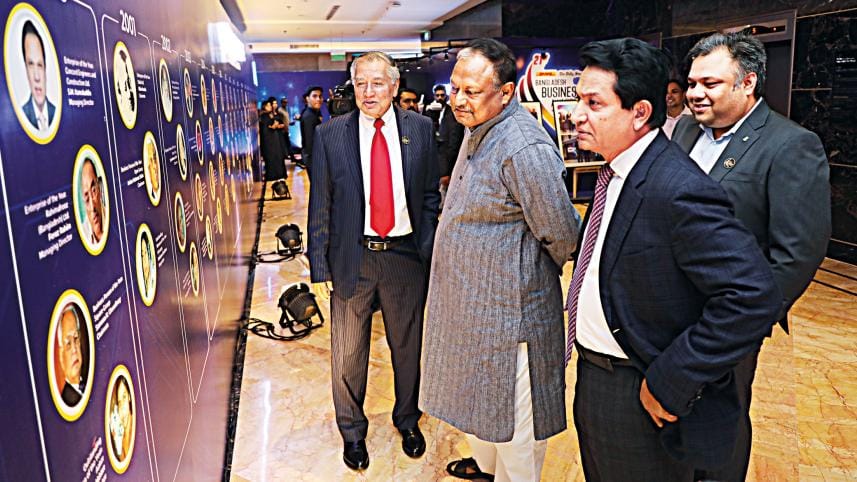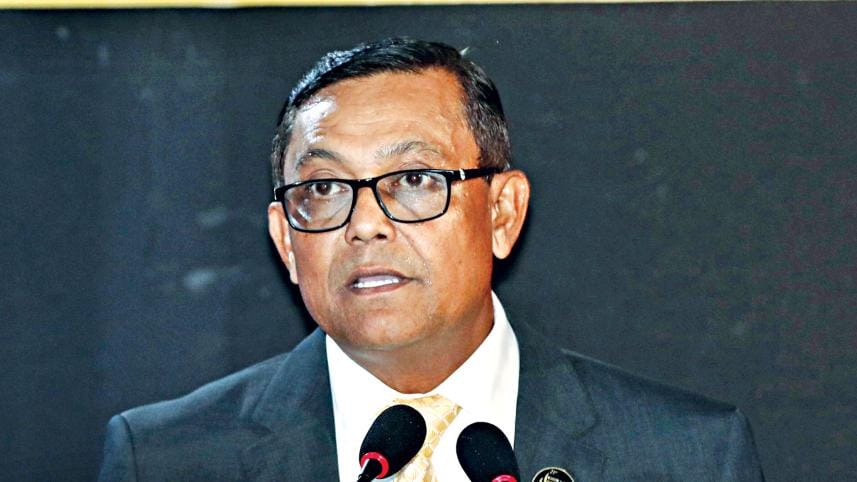‘Logistics sector needs a fillip’

Bangladesh would have to go a long way to raise its logistics sector up to the level of that of comparator countries such as India and Vietnam, said a top industry official.
Md Miarul Haque, managing director of DHL Express Bangladesh, says it is good to see Bangladesh improving in the overall LPI (Logistics Performance Index) of the World Bank from a ranking of 100 in 2018 to 88 in 2023.
The question is whether it is enough to remain competitive. "Maybe not. When we see Vietnam at 43 or India at 38, it seems that we have definitely a long way to go," Haque said.
"And the significant improvement is never possible without a huge thrust specifically when more than 15 ministries and 20 agencies are involved in the logistics decisions."
He spoke at the Bangladesh Business Awards 2022 in the capital on October 17.
According to the senior executive, Bangladesh has a commendable growth history and is on its way to graduating from the group of least-developed countries.

The government has set its sights on transforming the country into a high-income nation by 2041.
"Our past development record and future prospects and potential together indicate that this journey is possible. This will require sustained growth for a long period at an average high rate of around 9 percent," Haque said.
He thinks the industry will be the lead sector driving growth acceleration.
Bangladesh's Vision 2041 projects robust export growth of $300 billion on the back of export-oriented manufacturing expansion.

"Of course, readymade garment exports will continue to lead the way. But diversified export products will also have to complement significantly in this growth journey."
Since industry will be the driving force fueled by export-led manufacturing expansion and diversification, competitiveness in the international market is also of immense importance and foreign direct investment is expected to play a larger role contributing at least 3 percent of GDP compared to the current level of around 1 percent only.

"Increased level of FDI would also be desirable from the perspective of improved management, new technology, expertise, and greater market access, thus helping us improve on our competitiveness."
Haque said they are proud to meet the thresholds for graduating from the LDC group but it does not come without additional challenges.
Only the potential loss of preferences in some of key markets may lead to 9 percent to 11 percent additional duty, which will impact the competitiveness unless ways to offset that negative impact to remain competitive are found.
"This is where logistics sector development can play a big role," he said.

World Bank's recent study indicates that efficiency in the logistics sector can be a big opportunity for cost reduction of 7-35 percent depending on the sub-sector.
Citing example, he said air cargo handling capacity needs to reach 1.14 million tonnes per year from the base level of 0.38 million tonnes.
Haque said although Bangladesh is a bit late in recognising the importance of the sector, focus from the very top of the government has already brought a huge momentum in the last couple of months in terms of developing the National Logistics Development Policy.
"Of course, the bigger question is how we can execute the policy on the ground. Our dream will only be a reality when we act on it at a pace that is timely."
"I am sure Bangladesh will bring a revolutionary improvement to this sector not only through capacity enhancement but also through efficiency which will be a game-changer."



 For all latest news, follow The Daily Star's Google News channel.
For all latest news, follow The Daily Star's Google News channel.
Comments